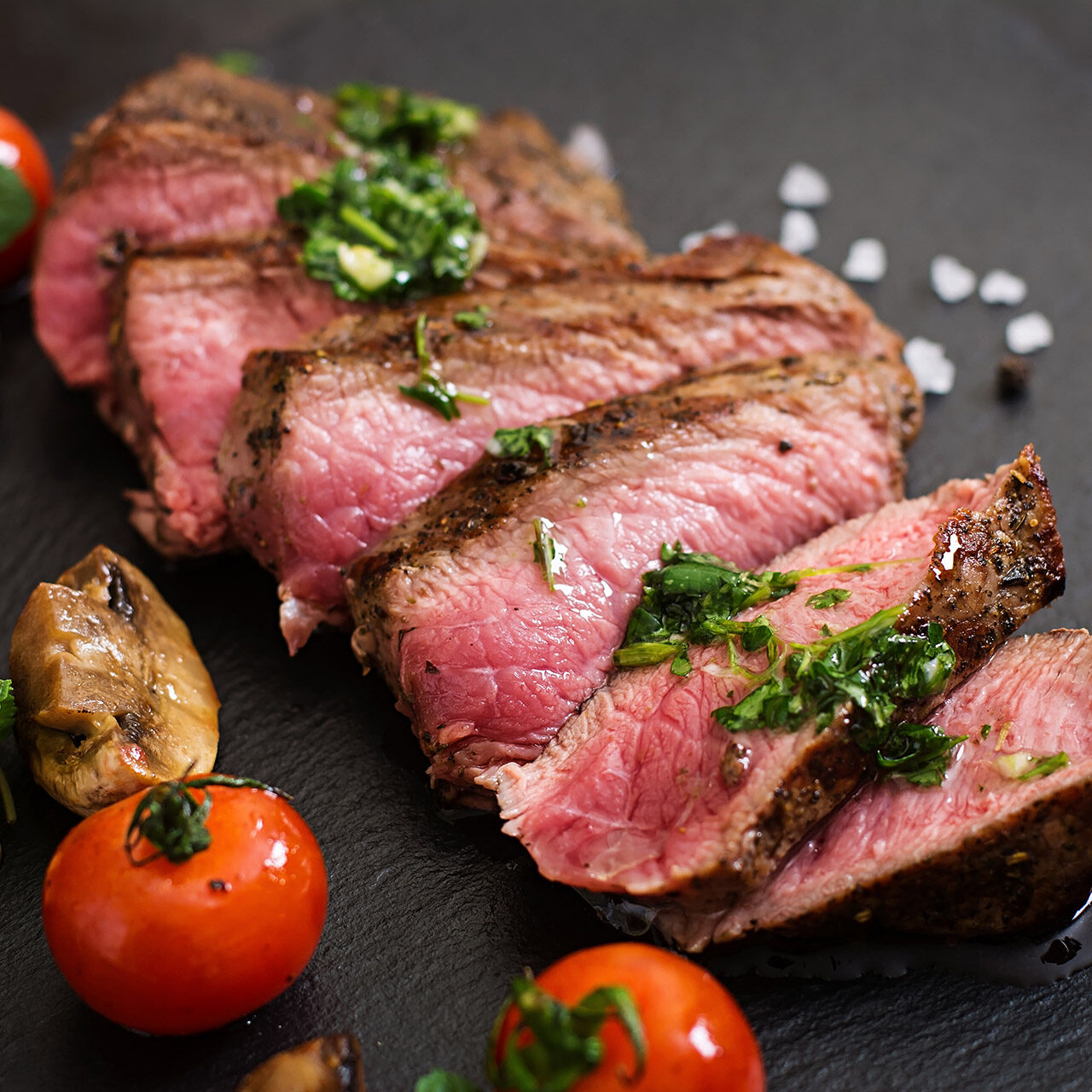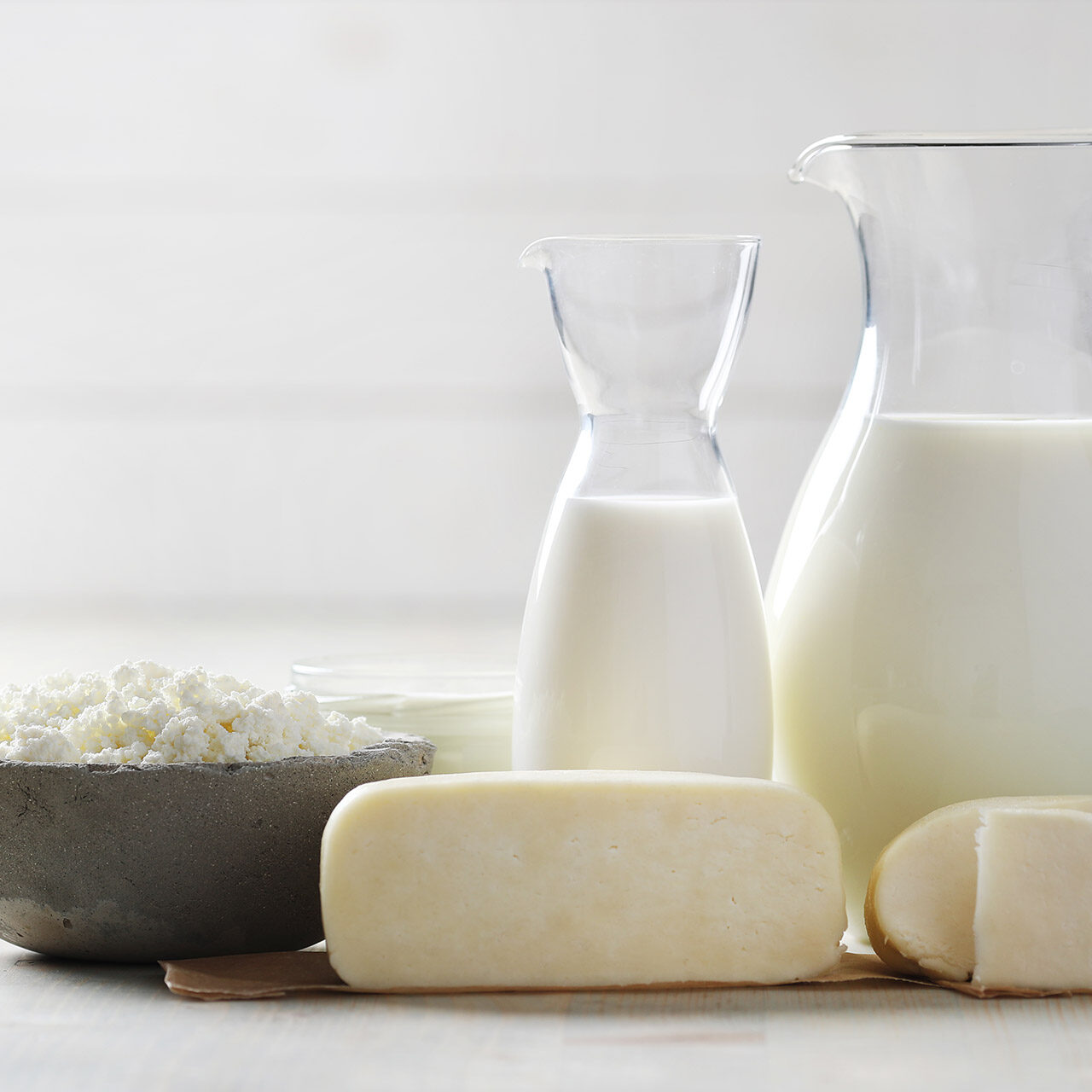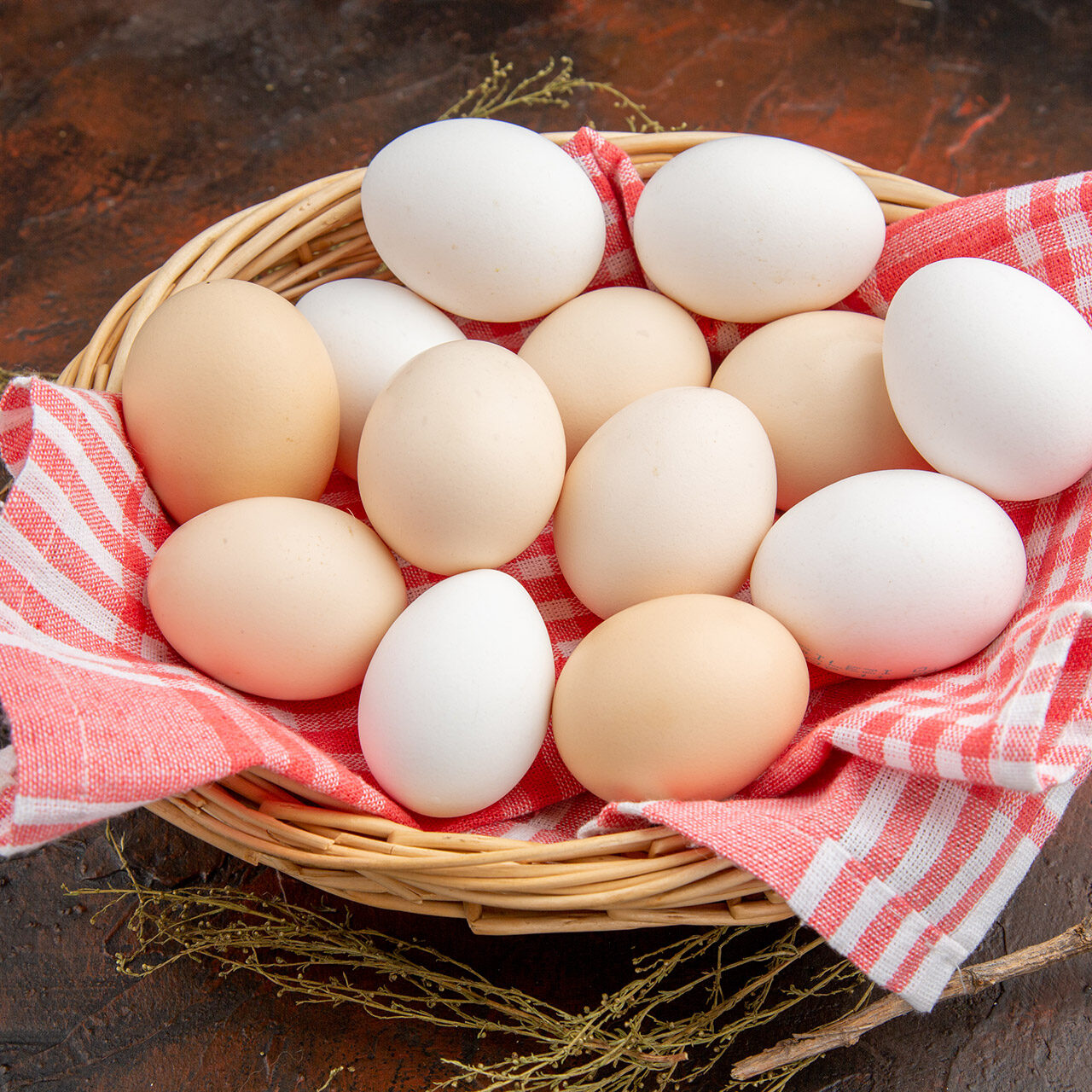Meat, Dairy, and Eggs
Meat
We partner with local farmers and ranchers who share our standards on food chain transparency, regenerating grasslands, reversing soil erosion, protecting waterways, and preserving habitats for future generations. We only offer frozen selections of meat that were produced in ways that nurture the health of the animal and our planet.
We support the National Organic Program (NOP) and the Global Animal Partnership (GAP) and prioritize relationships with farmers and ranchers that provide meats that are USDA Certified Organic. We recognize that the USDA Organic certification comes with costs that can be cost prohibitive for small farmers and ranchers. We therefore still support these farmers and ranchers as long as they can demonstrate that they comply with all the standards as established by the NOP or GAP. A USDA Certified Organic product represents, no cloned or GMO animals, only non-GMO feed, no animal by-products, outdoor access, no hormones, no growth promoters, or antibiotics. Additionally, any feed was grown using organic production methods which means no synthetic pesticides are allowed.
Ruminants (Cow, sheep, deer, elk, bison) are 100% grass fed. Under circumstances where animals were prohibited from foraging on pastures long enough where feed was substituted, then feed must be non-GMO. We prioritize products where USDA Certified Organic feed was substituted under these circumstances.
All chicken and turkey products are free range. We prefer farmers that are local and carry the Certified Humane logo. Poultry found in our coolers meet the minimum requirements established by the Certified Humane (HFAC) program plus additional requirements to meet LIVWELL Organic Market standards as outlined in our egg standards.


Required farming practices for meat animals
- The farm practices sustainable farming practices that reduce soil erosion, protects waterways.
- The farm provides ample space and enriched environments to ensure the health of the animals that allows for natural behaviors, such as rooting, seeking, dust bathing, pecking, perching, preening, nesting, and socializing.
- Farms will provide lighting in barns that is natural for all housed poultry and pork. This lighting must follow a natural sun pattern to promote health, reduce stress, and ensure natural growth patterns.
- Barns must provide ventilation that maintains air quality to ensure a healthy and safe environment for the animals and farmers.
- Animal welfare standards are always prioritized, and farms must have management systems in place to:
- Provide proper nutrition for the individual species.
- Promote health by providing the space necessary for health and wellbeing.
- Provide animals with adequate indoor shelter during inclement weather.
- Manage sickness, injury, stress, or pain—with an emphasis placed on holistic treatment; including having a plan in place to provide humane euthanasia if it becomes necessary.
- Provide humane handling from birth to processing.
- Provide land management for pasture and range areas.
Prohibited farming practices for meat animals
- Administering sub-therapeutic antibiotics (non-disease treating), including ionophores or other antibiotics used to boost growth, weight, and/or feed efficiency
- Administering therapeutic antibiotics. Holistic health care for sick animals is given priority. However, sick animals may be given therapeutic antibiotics when necessary to ensure that they are provided humane care. Any animal given antibiotics is removed from production and does not become part of the meat supply.
- Animals are never given hormones and other synthetic growth promoters, such as arsenicals or beta-agonists drugs like Ractopamine
- Animals are never fed animal by-products.
- Animals are never placed in cages, tie stalls or socially isolated (unless the health of the animal requires it).
- Animals are never placed in gestation or farrowing crates.
- Animals are never cloned or genetically modified.
- Animals are never overfed to promote accelerated growth.
Dairy
Our dairy products are 100% pasture-based. Animals must spend the entire grazing season out on managed pasture. Our pasture-based standards are for the benefit of the animal and the dairy consumer. Animal welfare is intended to provide an environment that allows them to exhibit their natural behaviors which not only contribute to the happiness of the animal but also produce healthier dairy. We prioritize products from USDA Certified Organic local dairy farmers first. If any of our dairy products do not carry the USDA Organic certification, then we have vetted the farm to ensure they can demonstrate that they comply with all the standards as established by the NOP including our required practices below.

Required farming practices for dairy animals
- Farm must have a pasture-management plan that addresses, soil, plant, and water quality.
- Animals are never given sub-therapeutic doses of antibiotics.
- Animals are never fed animal by-products, plastic pellets, expired candy, expired baked goods, or genetically modified alfalfa.
- Animals are not administered growth promoters, including but not limited to antibiotics, hormones, coccidiostats (anti-parasitic drugs) and ionophores (non-therapeutic antibiotics that increase feed efficiency and is used to treat bloat and acidosis).
- Animals are never given rBGH (recombinant Bovine Growth Hormone) or other synthetic milk production promoters/hormones, including estrogen.
- Animals are never cloned or genetically modified.
- Animals did not receive implanted embryos.
- Animals had no tail docking, wattling, or face branding.
- All animals must spend the non-grazing season outside unless severe weather prohibits it.
- Animal confinement is not allowed, except for health reasons.
- If there is a non-grazing season where the farm is located, during this time, the animals must receive most of their diet from dried forages.
- All animals must be treated humanely, nutritional needs must be met, and shelter must be provided as the environment dictates.

Eggs
Shopping for eggs can be confusing. From cage-free to all-natural, to free range or pasture-raised, these terms ultimately indicate how the hens live their lives. That’s why we want to earn your trust so you can simply reach for our egg cartons and know that our eggs were sourced from farmers that are doing the right things for the hens, people, and the planet.
We prefer farmers that are local and carry the Certified Humane logo. Eggs found in our coolers meet the minimum requirements established by the Certified Humane (HFAC) program plus additional requirements to meet LIVWELL Organic Market standards as outlined below.

Free Range
- Hens have access to fresh, pure water at all times.
- Hens are fed a UDSA Certified Organic feed that’s free from antibiotics and growth hormones.
- Hens are provided a clean and spacious well-ventilated barn for laying, sleeping, socializing, and perching.
- Hens have access to well-maintained green, grassy pasture during the daytime. This outdoor space must accommodate 2 square feet per hen.
- Hens live a stress free live with the freedom to do what comes naturally, like roosting and dust bathing
Pasture Raised
- Hens must receive all of the qualities of life as a free-range hen.
- Hens have access to a minimum of 108 square feet of outdoor pasture that has a substantial cover of living vegetation.
